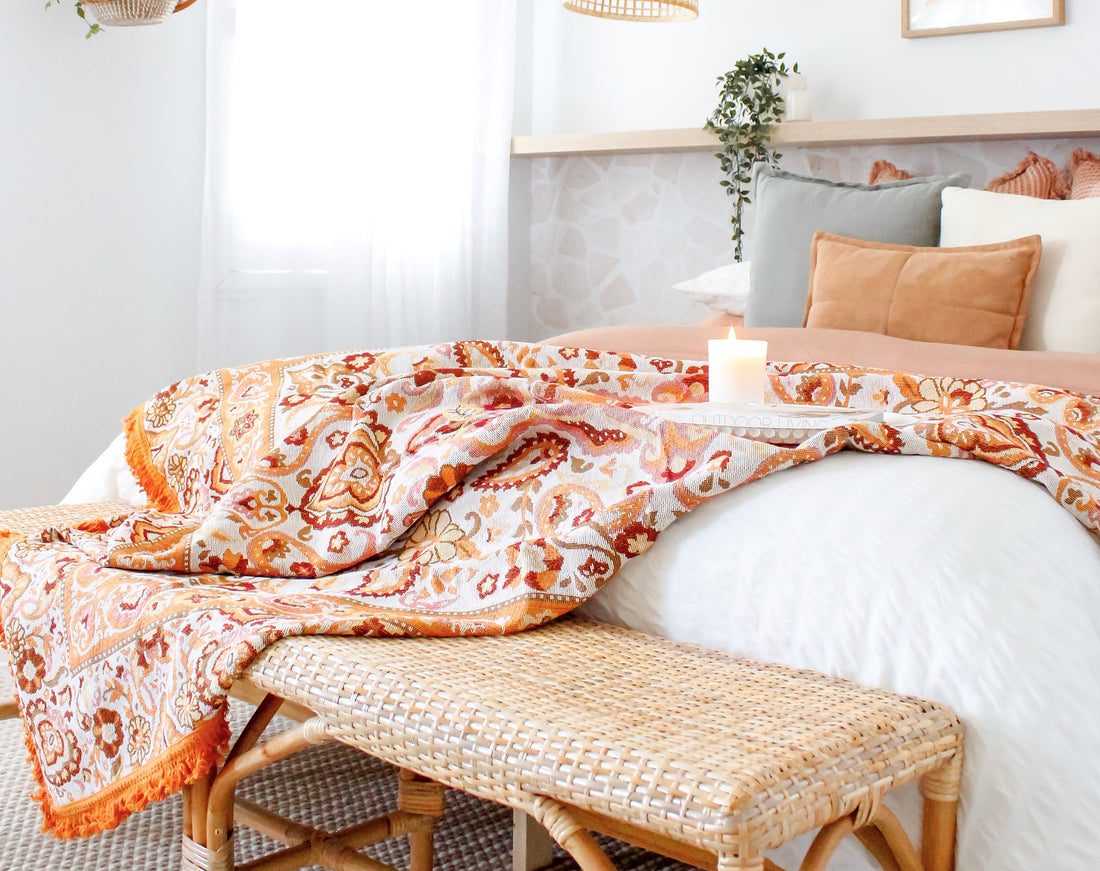We all know the feeling of tossing and turning, desperately seeking the embrace of a peaceful slumber, only to be greeted by a restless night and groggy mornings. The truth is, establishing a consistent sleep schedule is a game-changer when it comes to achieving optimal well-being. In this blog post, we'll delve into the art of cultivating a healthy sleep routine using practical tips and strategies tailored to the Australian way of life. So, grab a cuppa and let's embark on a journey towards restful nights and energized days!
Practicing Healthy Sleep Habits
It's no secret that Aussies love their laid-back lifestyle, but when it comes to sleep, it's time to take it seriously. Our bodies thrive on routine, and a consistent sleep schedule is the cornerstone of a healthy sleep routine. By following a few simple steps, you can reset your internal clock and enjoy the benefits of a truly restful night's sleep.
Set a Consistent Bedtime and Wake-up Time
One of the most effective ways to establish a consistent sleep schedule is by setting a regular bedtime and wake-up time. Aim to go to bed and wake up at the same time every day, even on weekends. Consistency helps regulate your body's internal clock and ensures you get the recommended 7-9 hours of sleep each night.
Create a Relaxing Bedtime Routine
Developing a relaxing bedtime routine signals your body that it's time to unwind and prepare for sleep. Consider activities such as reading a book, taking a warm bath, or practicing meditation. Avoid stimulating activities like watching television or using electronic devices before bed, as the blue light emitted can interfere with your sleep quality.
Design a Sleep-Friendly Environment
Your sleep environment greatly impacts the quality of your sleep. Create a comfortable and conducive atmosphere by keeping your bedroom cool, dark, and quiet. Invest in a good quality mattress, pillows, and bedding that promote relaxation and support your body during sleep. Consider using earplugs, eye masks, or white noise machines if external noises disrupt your sleep.
Limit Caffeine and Alcohol Intake
Caffeine and alcohol can disrupt your sleep patterns and negatively affect the quality of your rest. Avoid consuming caffeinated beverages such as coffee, tea, and energy drinks close to bedtime. Similarly, while alcohol might make you drowsy initially, it can lead to fragmented sleep and increased awakenings during the night. It's best to limit alcohol intake or avoid it altogether, particularly in the hours leading up to bedtime.
Exercise Regularly
Regular physical activity has numerous health benefits, including promoting better sleep. Engage in moderate exercise during the day, as it helps regulate your sleep-wake cycle and enhances your overall sleep quality. However, avoid vigorous exercise close to bedtime, as it can make it difficult for your body to wind down and relax.
Manage Stress
Stress and anxiety can significantly impact your sleep. Incorporate stress management techniques into your daily routine, such as deep breathing exercises, meditation, or journaling. Establishing a pre-sleep relaxation ritual can help calm your mind and prepare it for restful sleep.
Avoid Napping or Limit Daytime Sleep
While short power naps can be refreshing, excessive daytime sleepiness can interfere with your nighttime sleep schedule. If you struggle with falling asleep at night, try to limit daytime napping or avoid it altogether. If you must nap, keep it short (around 20-30 minutes) and avoid napping late in the day.



